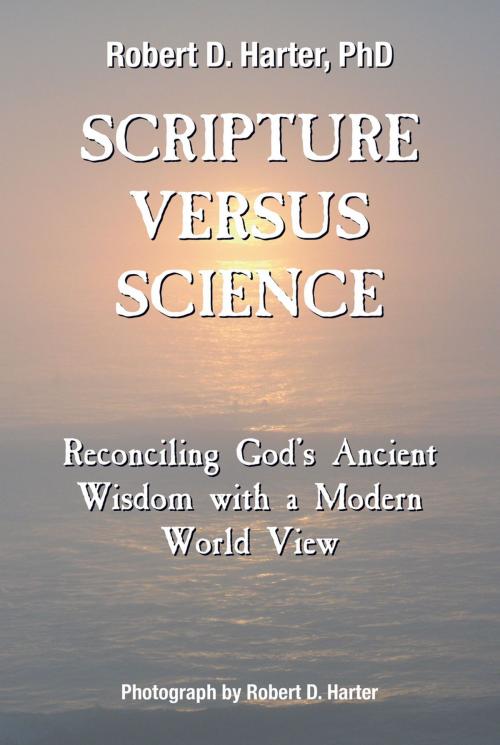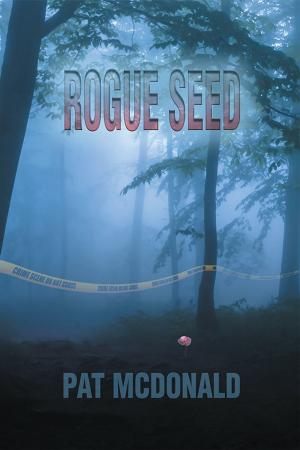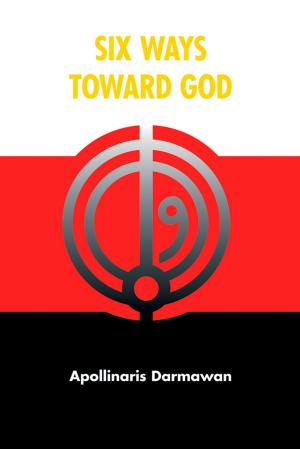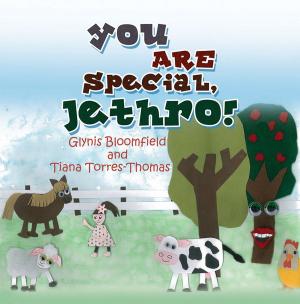Scripture Versus Science
Reconciling God's Ancient Wisdom with a Modern World View
Nonfiction, Science & Nature, Science, Biological Sciences, Evolution, Religion & Spirituality| Author: | Robert D. Harter, PhD | ISBN: | 9781681812250 |
| Publisher: | Strategic Book Publishing & Rights Co. | Publication: | July 9, 2015 |
| Imprint: | Strategic Book Publishing & Rights Co. | Language: | English |
| Author: | Robert D. Harter, PhD |
| ISBN: | 9781681812250 |
| Publisher: | Strategic Book Publishing & Rights Co. |
| Publication: | July 9, 2015 |
| Imprint: | Strategic Book Publishing & Rights Co. |
| Language: | English |
With trepidation, Dr. Robert D. Harter approached the subject of Earth origins and human development from the position of a lifelong Christian who is also a scientist.He grew up in a rural Ohio Christian family and thoroughly understands the position of those who believe the Earth and everything in it was created a few thousand years ago. At the same time, he is a university professor who understands the basis upon which the Earth is claimed to be millions of years old.Both positions cannot be correct, and it is probable that neither is completely wrong. Using a scientist’s analytical approach, Dr. Harter evaluated and compared biblical, anthropological, and geological records.In Scripture Versus Science, he proposes a resolution to the increasingly heated argument about evolution. While unlikely to provide a clear and definitive answer, this book begins to thin the “fog” that has developed around it.He states, “There has been a lot of fog associated with whether God created the universe and everything in it, or whether it just happened by chance. In writing this book, I attempt to show that the ideas supporting the two views are not necessarily mutually exclusive. In other words, I hope I have allowed a bit of sun to shine through the fog.”
With trepidation, Dr. Robert D. Harter approached the subject of Earth origins and human development from the position of a lifelong Christian who is also a scientist.He grew up in a rural Ohio Christian family and thoroughly understands the position of those who believe the Earth and everything in it was created a few thousand years ago. At the same time, he is a university professor who understands the basis upon which the Earth is claimed to be millions of years old.Both positions cannot be correct, and it is probable that neither is completely wrong. Using a scientist’s analytical approach, Dr. Harter evaluated and compared biblical, anthropological, and geological records.In Scripture Versus Science, he proposes a resolution to the increasingly heated argument about evolution. While unlikely to provide a clear and definitive answer, this book begins to thin the “fog” that has developed around it.He states, “There has been a lot of fog associated with whether God created the universe and everything in it, or whether it just happened by chance. In writing this book, I attempt to show that the ideas supporting the two views are not necessarily mutually exclusive. In other words, I hope I have allowed a bit of sun to shine through the fog.”















